Commonwealth Games to be First-Ever Major Games Predominantly Officiated by Women
Monday, March 7, 2022 - 22:40 By United World Wrestling Press

CORSIER-SUR-VEVEY, Switzerland (March 8) -- Following the announcement of the International Olympic Committee in July 2021 to achieve gender parity for the '24 Paris Olympics, United World Wrestling launched a strategic plan with a specific focus on gender equality for the Olympic cycle.
The UWW Refereeing Commission, in collaboration with the Sports and Development Departments, undertook the task and will organize several courses throughout the next two years.
In May 2022, UWW will host the second educational program fully dedicated to female referees/officials with an aim to provide the latest education tools, online courses, practical sessions, empowerment training as part of this action plan and reduce the gender gap before the Paris Games.
Regarding the same, the Commonwealth Games Federation and UWW agreed to have a significantly higher percentage of women officials than men at the upcoming Commonwealth Games in August 2022. The wrestling competition will be officiated by 15 female referees out of 21 in total (over 70%), which is a first in the history of Wrestling. In addition, the Referee Delegate and other official positions will be fulfilled by a woman.
Currently, UWW has 10 female referees in the highest category (1S) and 91 female referees worldwide.
"We are committed to advancing wrestling in the right direction and promoting topics such as diversity, achieving gender parity, equal opportunities and access to education in all areas of our sport," Nenad LALOVIC, UWW President, said. "We are thrilled and excited to witness that the next Commonwealth Games in Birmingham will become the first major wrestling event that will have more than 70 percent women officials."

Since 2018, UWW has dedicated programs to female officials, coaches, referees and administrators to reduce the gender gap in the sport. National Federations such as Iran and Saudi Arabia organized courses dedicated to women which demonstrate that there are equal opportunities and sport is inevitably a major social development tool that contributes to shifting societies mindset.
“We are looking forward to providing equal opportunities to our wrestling community worldwide," Carlos Roy, UWW Secretary-General, said. "We are determined that the development programs will contribute to such topics in favor of all our national federations.”
Wrestling at the Commonwealth Games will take place at the Coventry Stadium in Birmingham on August 5 and 6, 2022.

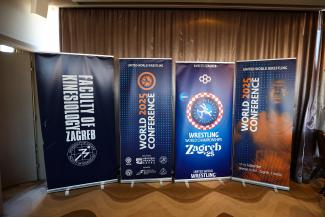
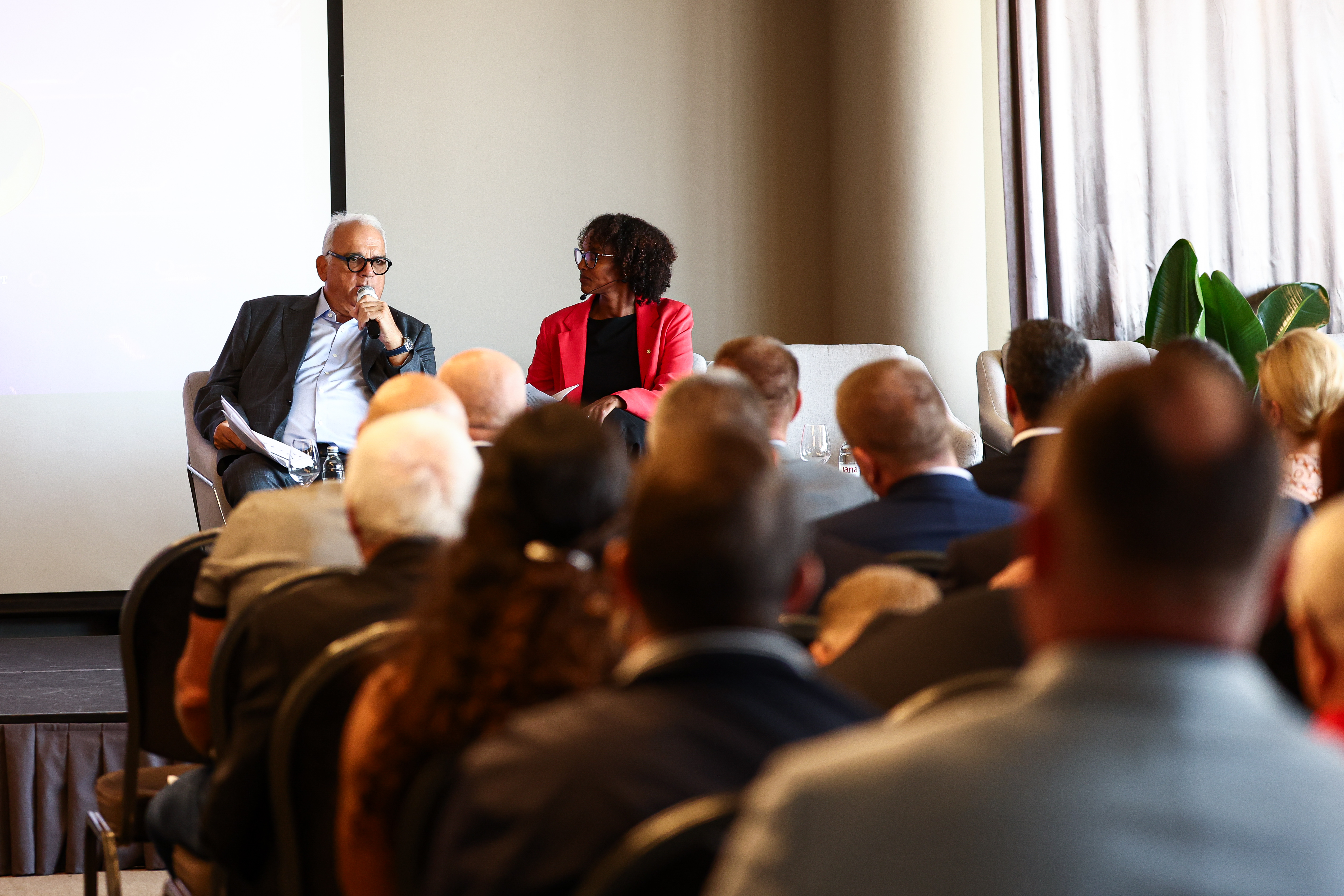 United World Wrestling President Nenad LALOVIC at the World Conference. (Photo: United World Wrestling / Jake Kirkman)
United World Wrestling President Nenad LALOVIC at the World Conference. (Photo: United World Wrestling / Jake Kirkman)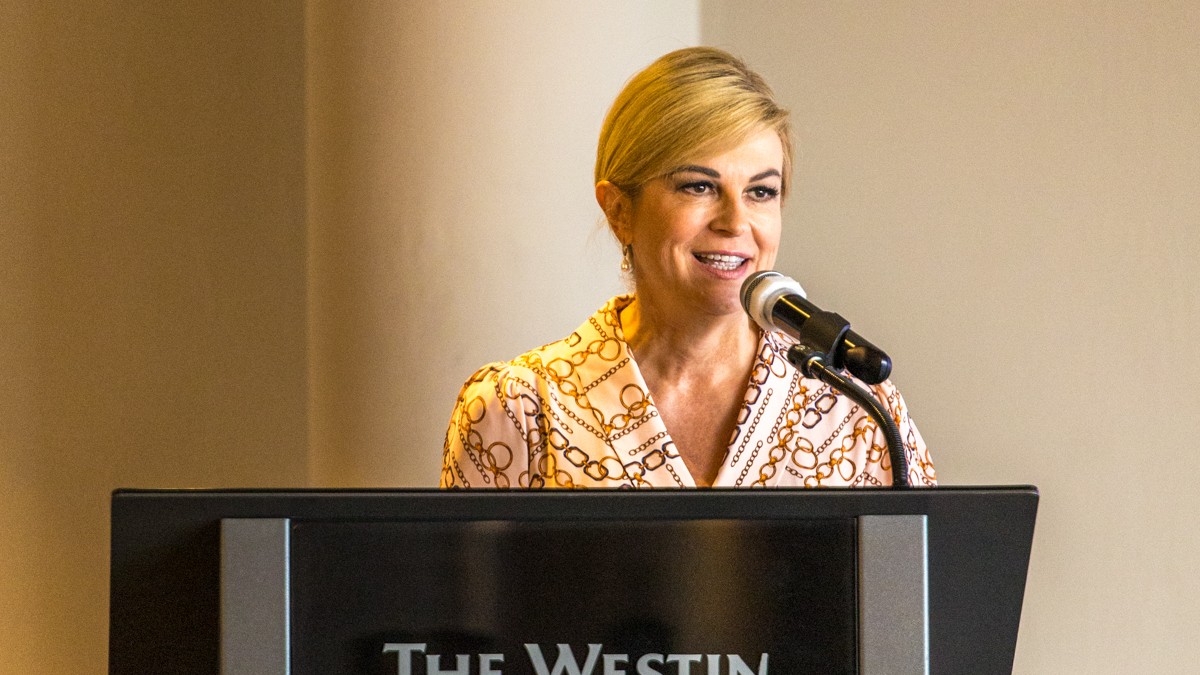 International Olympic Committee member and former President of Croatia Kolinda GRABAR-KITAROVIC.
International Olympic Committee member and former President of Croatia Kolinda GRABAR-KITAROVIC.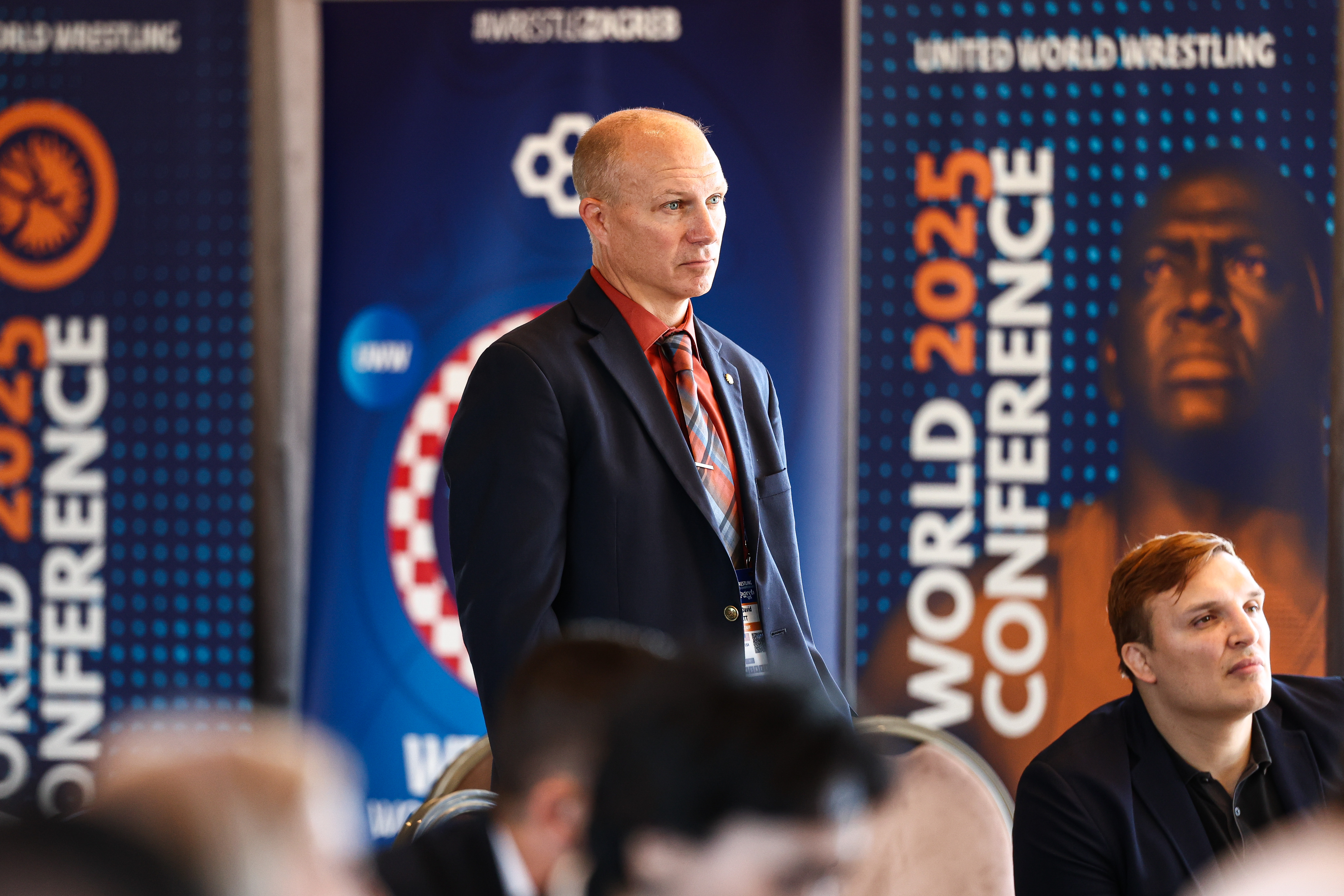
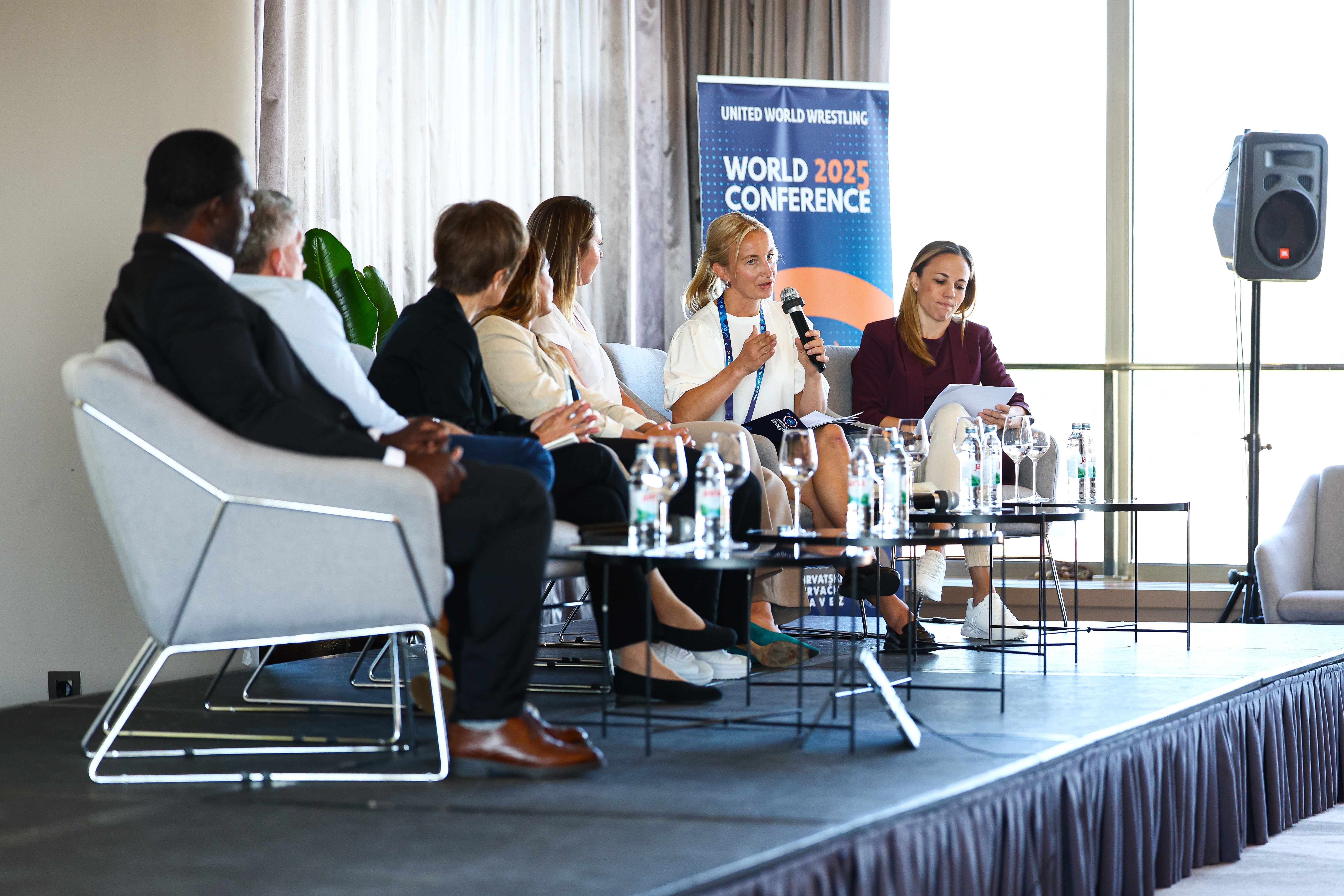
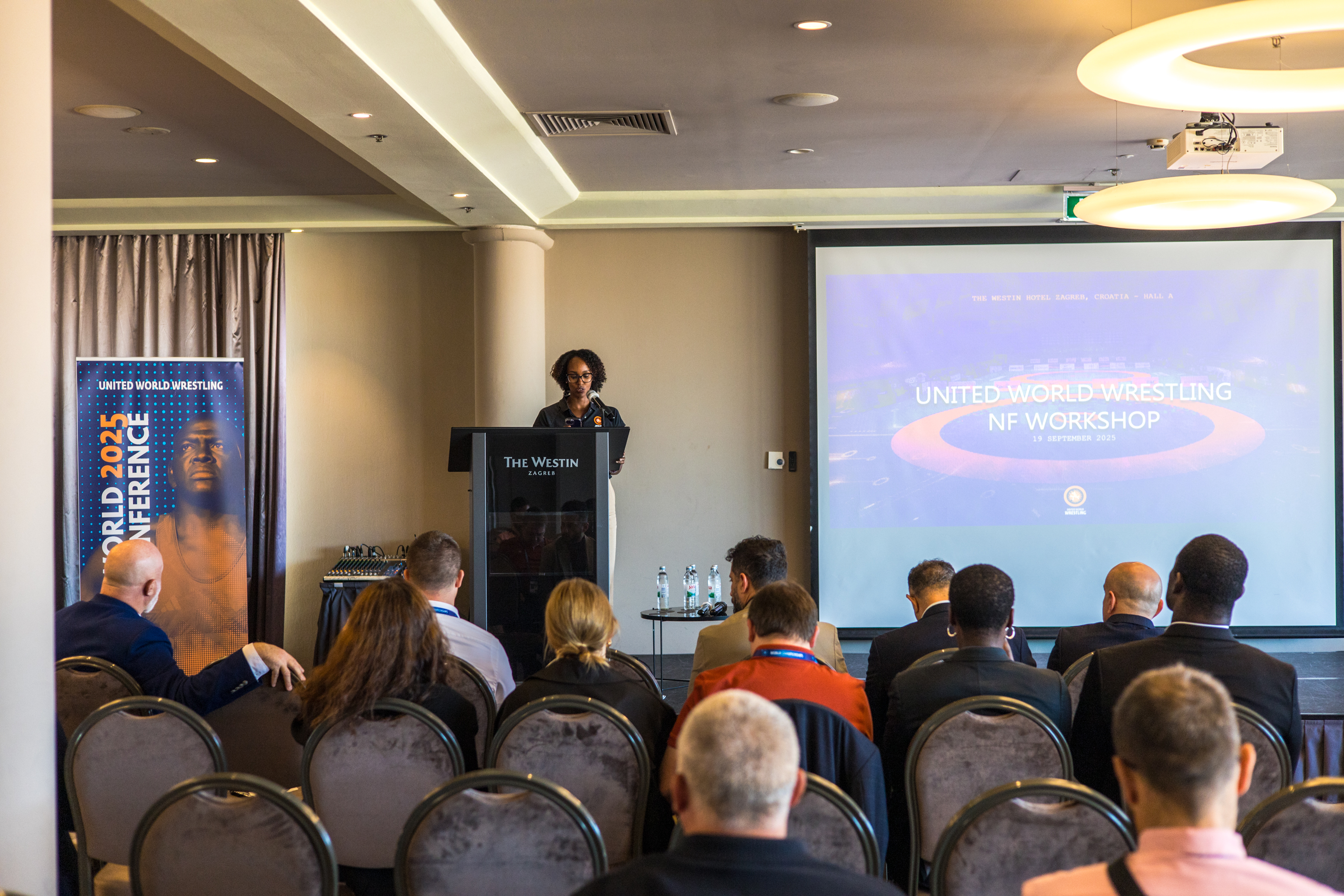 A national federation workshop organized by United World Wrestling in Zagreb.
A national federation workshop organized by United World Wrestling in Zagreb.
Share your thoughts.
Comments